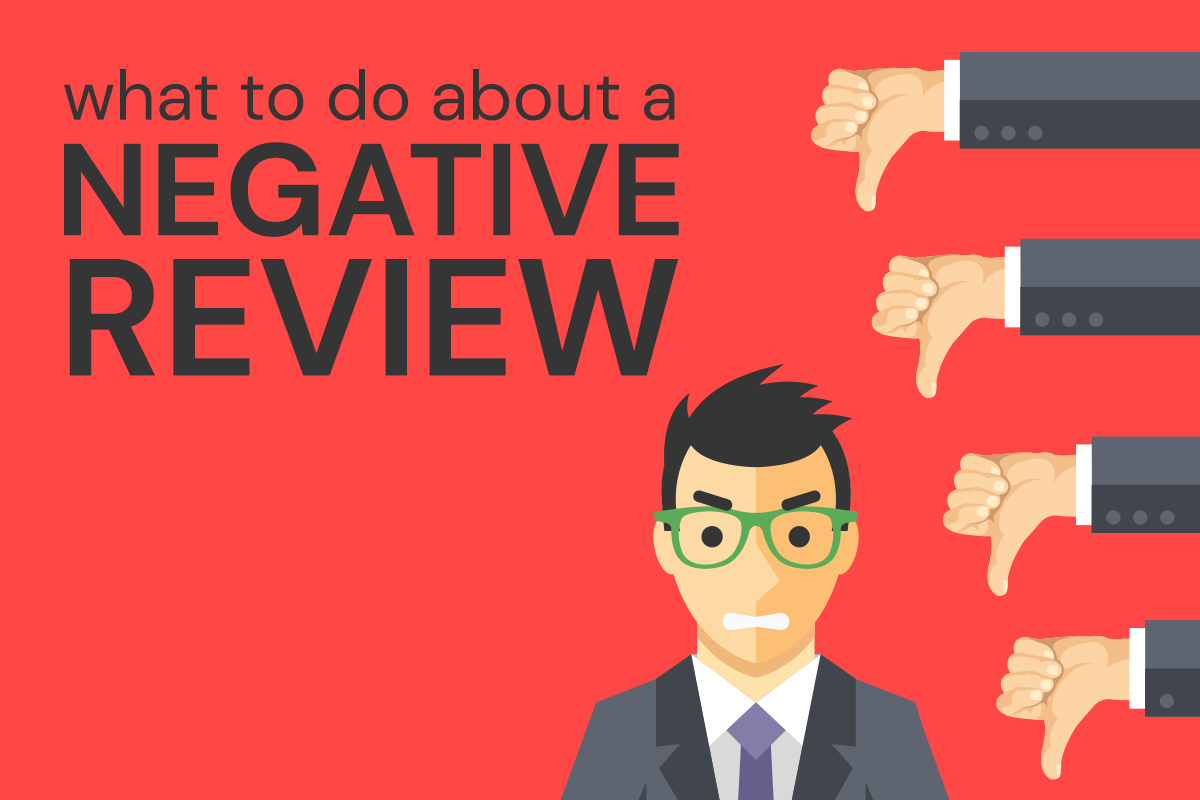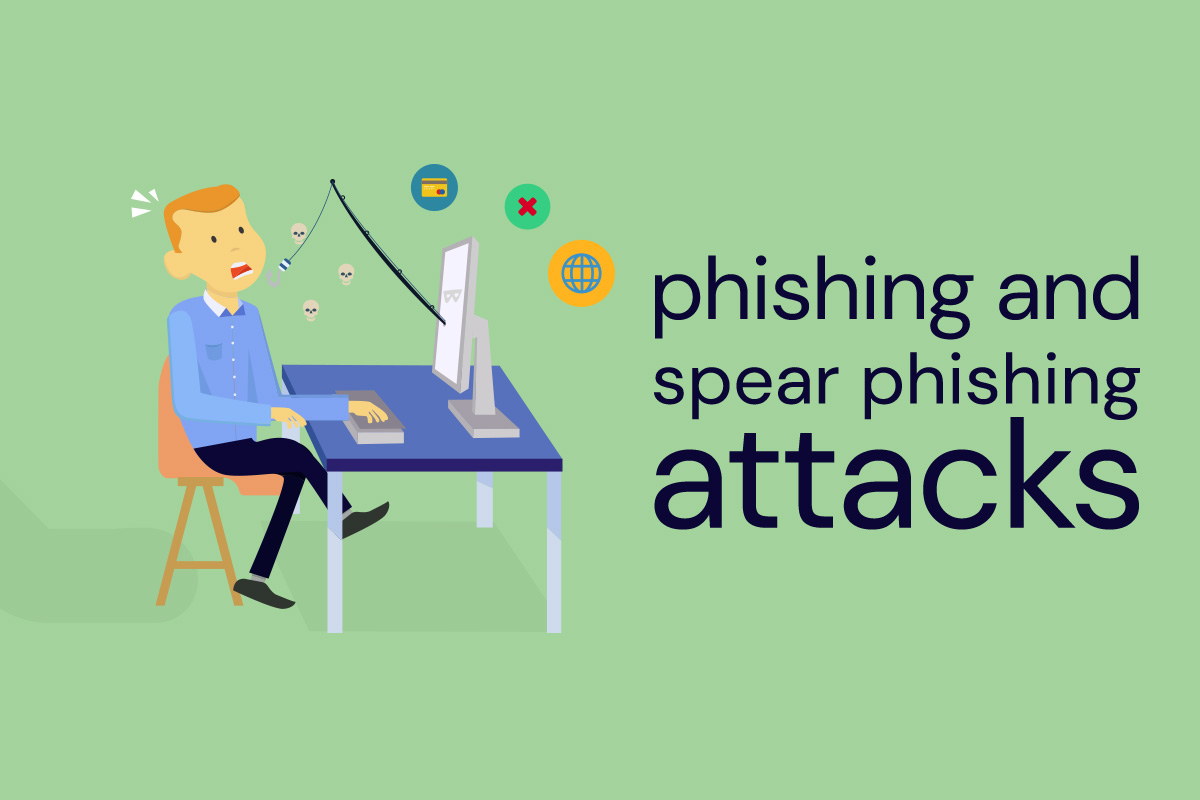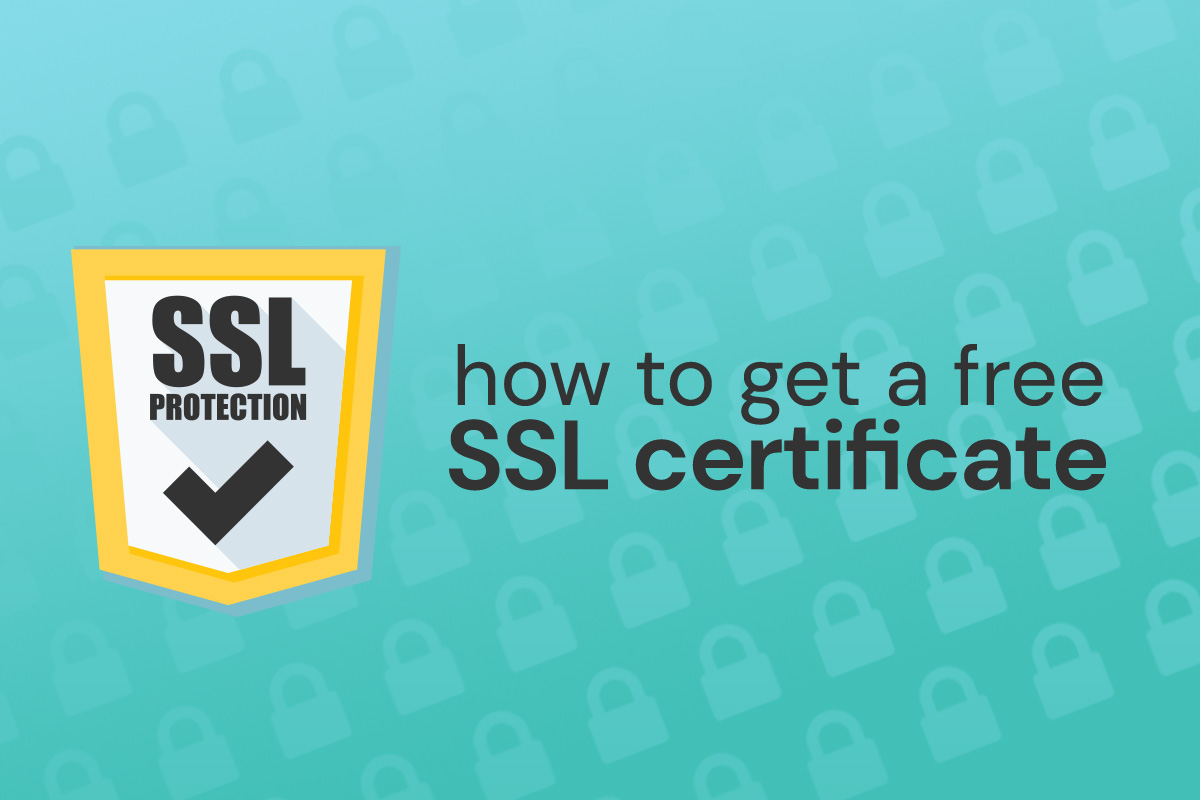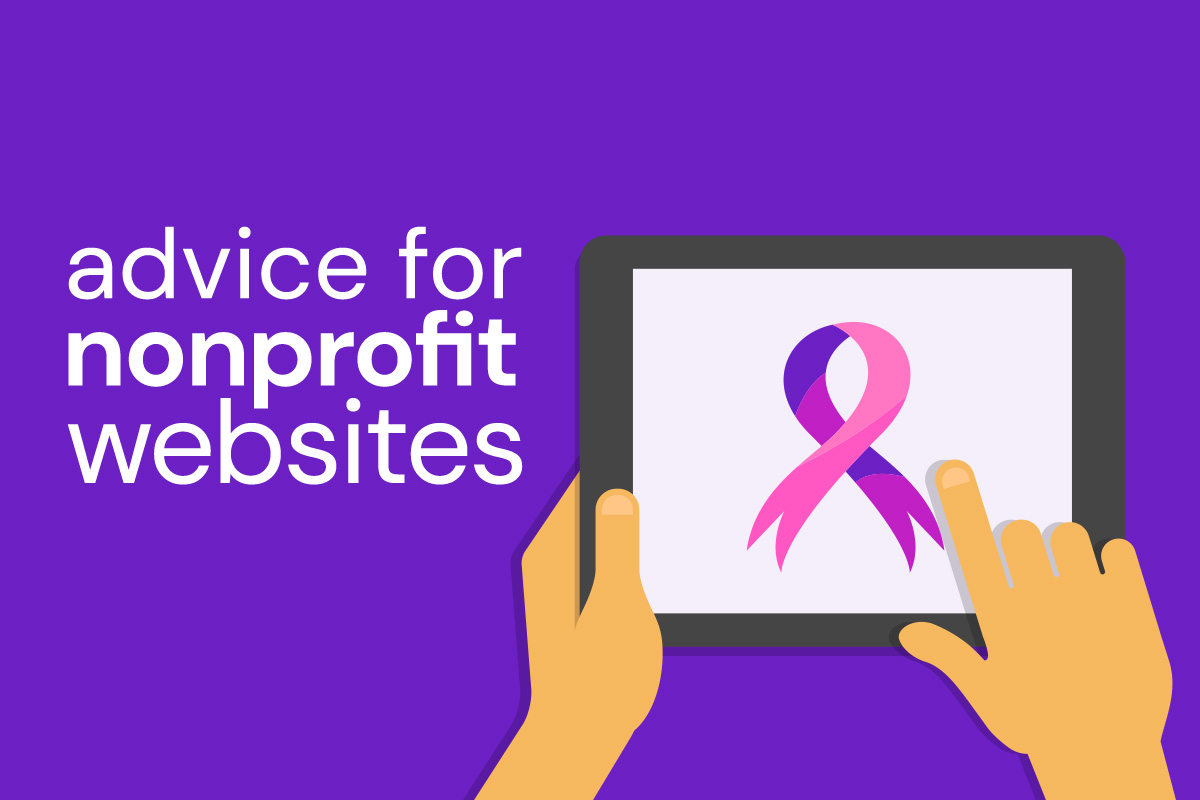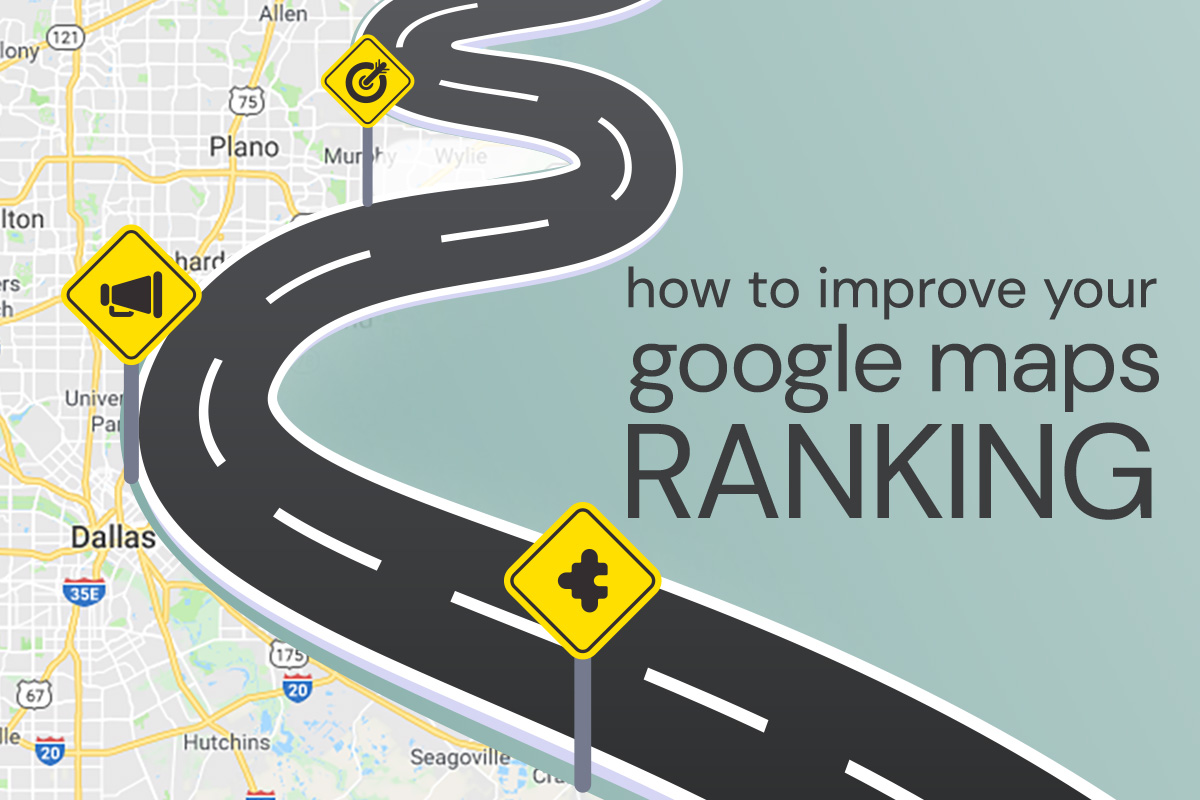For small businesses, online reviews can add up to more trouble than they’re worth. We don’t want to be cynical, but it certainly does seem like people are more apt to voice their discontent than they are to report an outstanding customer service experience. And then there are competitors who post negative reviews to further their own agendas, or trolls who post destructive comments just because they’re miserable people. As a business owner, you’re left to deal with the fallout. Here’s how to cope effectively.
First, track your reviews
Be sure you’ve claimed your business listings online at the various review forums, particularly your Google map listing and your Yelp profile. A good place to start is to google your business’s name and see where reviews are popping up. You should see a notice somewhere on the page saying something like “Are you the business owner? Claim your listing.”
We also recommend setting up a Google alert to receive email notifications when your business name is mentioned on the web.
Next, ask yourself: can it be removed?
Websites like ripoffreport.com pride themselves on not removing bad reviews to their website. Even the original reviewer can’t remove his own negative report. If you have an unflattering comment posted on ripoffreport.com, the best you can hope for is to respond to the reviewer. We’ll discuss how best to respond a bit later in this post.
If you have a negative review on yelp.com, the answer is—maybe! If the review violates Yelp’s community standards, Yelp is pretty good about removing the review. Yelp will remove reviews that fall under the following categories:
- Inappropriate content: threats, harassment, lewdness, hate speech, and other displays of bigotry.
- Conflicts of interest: If Yelp thinks the review was solicited by a business owner, it will be removed. It will also remove or hide reviews its algorithm flags as possibly phony, even when they aren’t. One of the markers that Yelp’s algorithm looks for is a brand new account created just to post one review. Don’t bother asking customers to write positive reviews on Yelp, because unless their review looks like it occurred organically, it will probably get removed.
- Promotional content: If a review contains promotional content, it’s gone.
- Relevance: No rants about a business’s employment practices, political ideologies, extraordinary circumstances, or other matters that don’t address the core of the consumer experience.
- Privacy: No posting of people’s private information, including full names or close-up photos or videos of other patrons without their permission.
- Intellectual property: No stealing content from other sites or users.
If your bad review falls into any of the above, go ahead and report it! First, make sure you have claimed your Yelp business listing. Then locate the offending review Locate the review in the Reviews section of your business account by find the flag icon and clicking “Report this review.” Yelp moderators will review your request and let you know the result in a few days.
Google’s community standards for reviews are similar to Yelp’s. If a review is hateful, violent, or offensive, if it contains spam or promotional content, if it’s off-topic, or if it represents a conflict of interest (posted by a competitor), it can qualify to be removed. Find the negative review in question and click the “flag” icon. You’ll have to enter your email address and provide a brief explanation of the policy violation. Google moderators will then review your removal request, but they will only follow up with you if they “require more information” or if they “have additional information to share.”
If it can’t be removed, respond judiciously
First, respond as yourself. Don’t create fake personas to support your position. It’s easy enough to be caught out at this game, and besides, it’s more impressive to stand behind your business.
Then, try to look at the negative review from the customer’s perspective. So much of online negativity can be countered with a dose of empathy. If the review is filled with profanity or abuse, or if it’s someone with an agenda to spread lies about your business, it can probably be reported and removed, as described above. But if your negative review is coming from a legitimate customer, put yourself in his shoes and try to understand what frustrated him so badly that he felt compelled to share his opinion with the world.
- Don’t argue with the reviewer. It will just make you look bad.
- Do respond with tact and politeness. This is not the place for sarcasm. One good rule to abide by: if you wouldn’t want your words published on the front page of The New York Times, don’t post them online.
- Think about responding privately via email. The rule above for being tactful still applies, but this may give you a bit more leeway in finding out what went wrong and how to resolve it. Be cautious—your reviewer might choose to screencap your words and post them online.
- Apologize and ask for input. You will look like a consummate professional if you respond graciously in the face of criticism.
- Do encourage happy customers to leave good feedback. Your mileage may vary with this advice, as Yelp’s vigorous algorithms flag lots of legitimate positive reviews as suspect. (At the same time, don’t try to bribe customers to leave positive reviews. It won’t look good if this practice becomes public.)
Need help with managing your online reputation? I.T. Roadmap can help. Contact us for a consultation any time!

